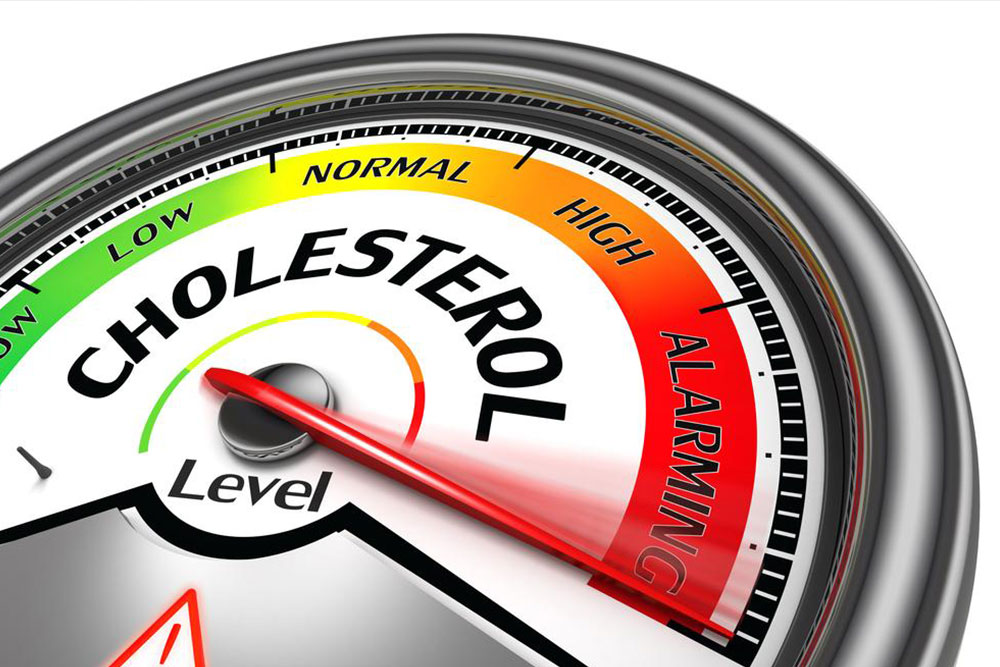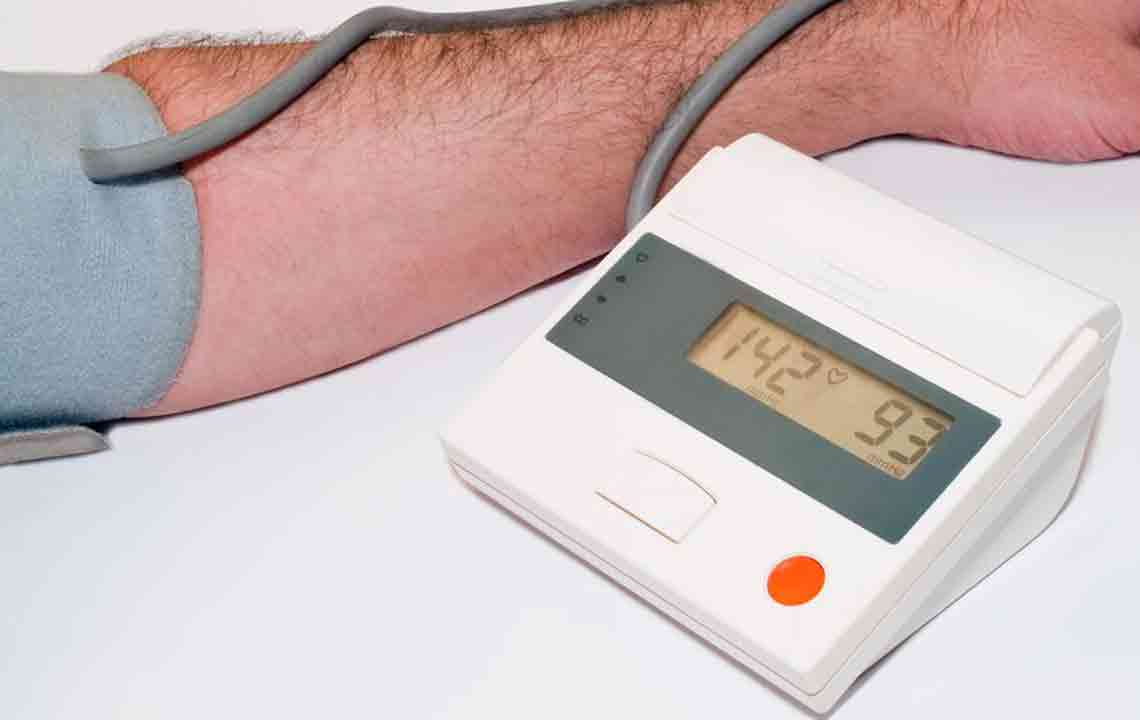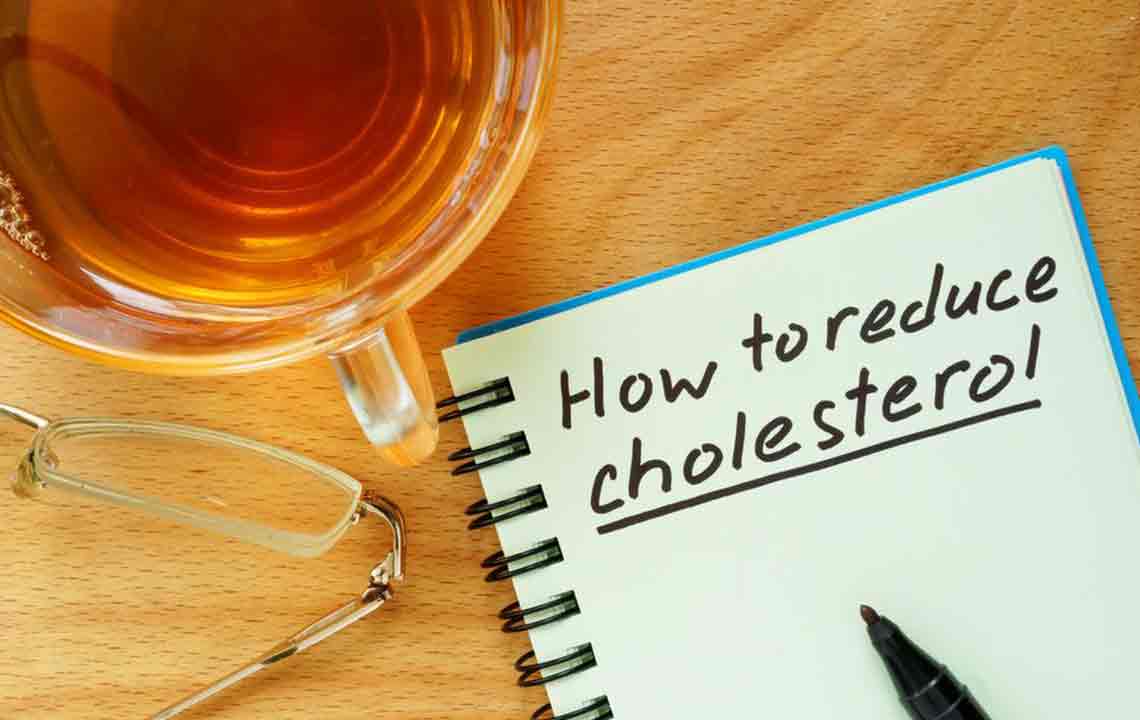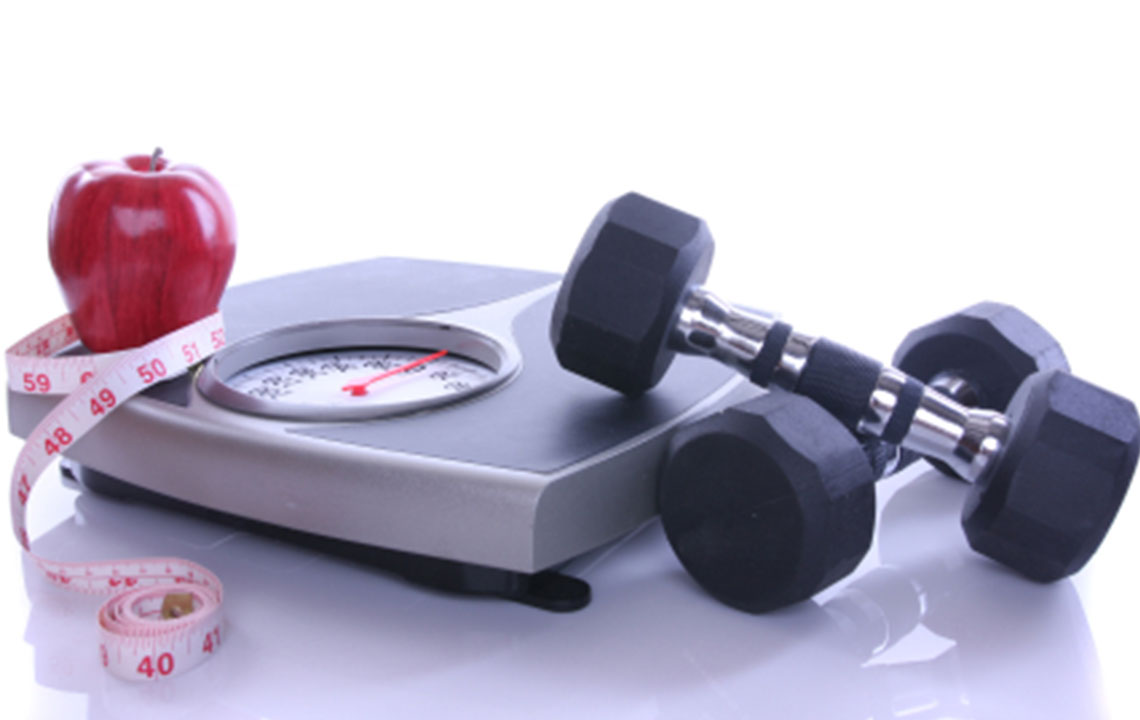Comprehensive Guide: 10 Proven Ways to Lower Your Cholesterol Naturally
Discover over 10 scientifically-supported strategies to naturally lower your cholesterol. From dietary choices like increasing soluble fiber and omega-3s to lifestyle habits such as portion control and hydration—this comprehensive guide empowers you to improve heart health through practical, sustainable methods. Learn how avoiding trans fats, reducing saturated fats, and incorporating fresh fruits and vegetables can make a significant difference. Adopt these expert tips to lower LDL cholesterol, boost HDL, and maintain a healthy cardiovascular system for a longer, healthier life.

Comprehensive Guide: 10 Proven Ways to Lower Your Cholesterol Naturally
Maintaining healthy cholesterol levels is crucial for reducing the risk of heart disease and promoting overall cardiovascular health. Many individuals seek effective, natural methods to manage cholesterol without relying solely on medications. Fortunately, with a combination of dietary adjustments, lifestyle changes, and mindful habits, you can significantly improve your cholesterol profile. This detailed guide explores ten scientifically backed strategies to help lower bad cholesterol (LDL) and boost good HDL cholesterol, enabling you to lead a heart-healthy life.
Achieving a heart-healthy lifestyle may seem challenging at first, especially when it involves changing long-held eating habits or routines. However, with consistent effort and proper planning, integrating these strategies into your daily life becomes manageable and rewarding. The key lies in making sustainable changes rather than quick fixes, fostering habits that support long-term health benefits. Whether you're aiming to prevent heart disease or improve your existing cholesterol levels, these practical tips can serve as a foundation for your wellness journey.
Emphasize Portion Control and Mindful Eating
One of the simplest yet most effective methods to manage cholesterol is practicing portion control. Overeating, even healthy foods, can lead to weight gain and elevated LDL cholesterol levels. Paying close attention to serving sizes helps maintain a balanced diet and prevents unnecessary calorie intake. Use smaller plates, read nutrition labels carefully, and avoid piling food onto your plate. Learning to listen to your body's hunger cues and stopping when you're full can safeguard your heart health and promote weight management. Sharing meals or leftovers with others can also help regulate portion sizes, making mealtime more mindful and communal.
Limit Intake of Saturated Fats
Saturated fats, predominantly found in animal products, have been linked to increased LDL cholesterol levels, which are associated with a higher risk of heart disease. While recent research continues to explore their precise impact, reducing saturated fat intake remains a prudent choice. Foods high in saturated fats include butter, red meats like beef and pork, full-fat dairy products such as cheese and cream, and processed foods containing palm or coconut oil. Replacing these with healthier alternatives can significantly improve your cholesterol profile. Opt for lean cuts of meat, skinless poultry, low-fat or fat-free dairy options, or plant-based proteins like tofu and tempeh.
Avoid Trans Fats at All Costs
Trans fats are artificial fats created during hydrogenation, a process used to solidify oils. They have no safe level of consumption and are notorious for raising LDL cholesterol while lowering HDL, the beneficial type of cholesterol. Trans fats are commonly found in processed baked goods, snacks like cookies, crackers, and margarine, as well as fried fast foods. Eliminating trans fats from your diet can dramatically reduce your risk of developing cardiovascular diseases. Always check food labels for trans fat content and avoid products containing partially hydrogenated oils. Emphasize whole, minimally processed foods for better heart health.
Eat Richly in Fresh Fruits and Vegetables
Incorporating a diverse range of fresh fruits and vegetables into your daily meals provides essential nutrients, antioxidants, and dietary fiber—all crucial for heart health. Aim for at least five servings of fruits and vegetables each day. Whole fruits are preferable over fruit juices, which often contain added sugars and lack fiber. Enjoy berries, apples, oranges, kiwis, and other seasonal produce as snacks, in salads, or blended into smoothies. Vegetables like leafy greens, carrots, peppers, and cruciferous vegetables can be included in various dishes. The fiber found in fruits and vegetables helps lower LDL cholesterol by binding to it in the digestive system, facilitating its removal from the body.
Boost Your Intake of Soluble Fiber
Soluble fiber is highly effective at reducing LDL cholesterol levels. It dissolves in water within the digestive tract to form a gel-like substance that binds with cholesterol and promotes its excretion. Foods rich in soluble fiber include oats, barley, legumes (such as beans and lentils), carrots, apples, and citrus fruits. Incorporating these into your meals can help lower bad cholesterol naturally. A daily intake of around 5 to 10 grams of soluble fiber is recommended for optimal benefits. Always choose whole grains and unprocessed legumes to maximize fiber intake and support overall heart health.
Consume Omega-3 Fatty Acids from Fish and Plant Sources
Omega-3 fatty acids are essential fats that have been shown to lower triglycerides, reduce blood pressure, and decrease the risk of irregular heart rhythms. Fatty fish like salmon, sardines, mackerel, and herring are among the best sources of omega-3s. Incorporate these fish into your diet at least twice a week for heart benefits. Plant-based sources such as chia seeds, flaxseeds, walnuts, and algae oils also provide omega-3s suitable for vegetarians and vegans. Regular consumption of omega-3s can contribute to lowering LDL cholesterol and improving overall cardiovascular health.
Choose Lean and Healthy Protein Sources
Instead of red meats, opt for lean proteins that provide essential nutrients without negatively impacting your cholesterol levels. Skinless poultry such as chicken or turkey, fish, and plant-based proteins like beans, lentils, and tofu are excellent alternatives. These options are lower in saturated fats and calories, making them favorable for weight management and heart health. Preparing these proteins through baking, grilling, or steaming helps retain nutritional value while avoiding added fats. A balanced intake of lean proteins supports overall bodily functions and helps maintain a favorable lipid profile.
Maintain Proper Hydration
Drinking sufficient water is vital for overall health and can assist in managing cholesterol indirectly. Proper hydration supports digestion, nutrient absorption, and metabolic processes. Water helps flush toxins from the body and aids in maintaining healthy blood viscosity. Aim to drink at least 8 glasses of water daily, adjusting based on activity level, climate, and individual needs. Staying well-hydrated ensures your body's circulatory system functions effectively, indirectly supporting cardiovascular well-being.
Opt for Heart-Healthy Snacks
Choosing nutritious snacks can help manage cholesterol levels throughout the day. Nuts such as walnuts, almonds, and cashews contain healthy fats, fiber, and antioxidants that can help lower LDL cholesterol. Incorporate a handful of such nuts into your daily routine, but be mindful of portion sizes due to their calorie density. Other heart-healthy snack options include fresh fruits, vegetable sticks with hummus, or whole-grain crackers. Replacing processed and sugary snacks with these healthier alternatives promotes long-term cardiovascular health and supports weight management.
Limit Salt and Sugar Consumption
Apart from dietary fats, excess salt and sugar are also detrimental to heart health. High salt intake can lead to elevated blood pressure, increasing the risk of heart disease and stroke. Reducing salt by flavoring foods with herbs and spices instead of salt helps control blood pressure. Limiting added sugars reduces the risk of developing type-2 diabetes and obesity—both factors that adversely affect cholesterol levels. Use natural sweeteners like honey or opt for fruits when craving sweet foods. These small but impactful changes support your efforts in maintaining optimal heart health.





